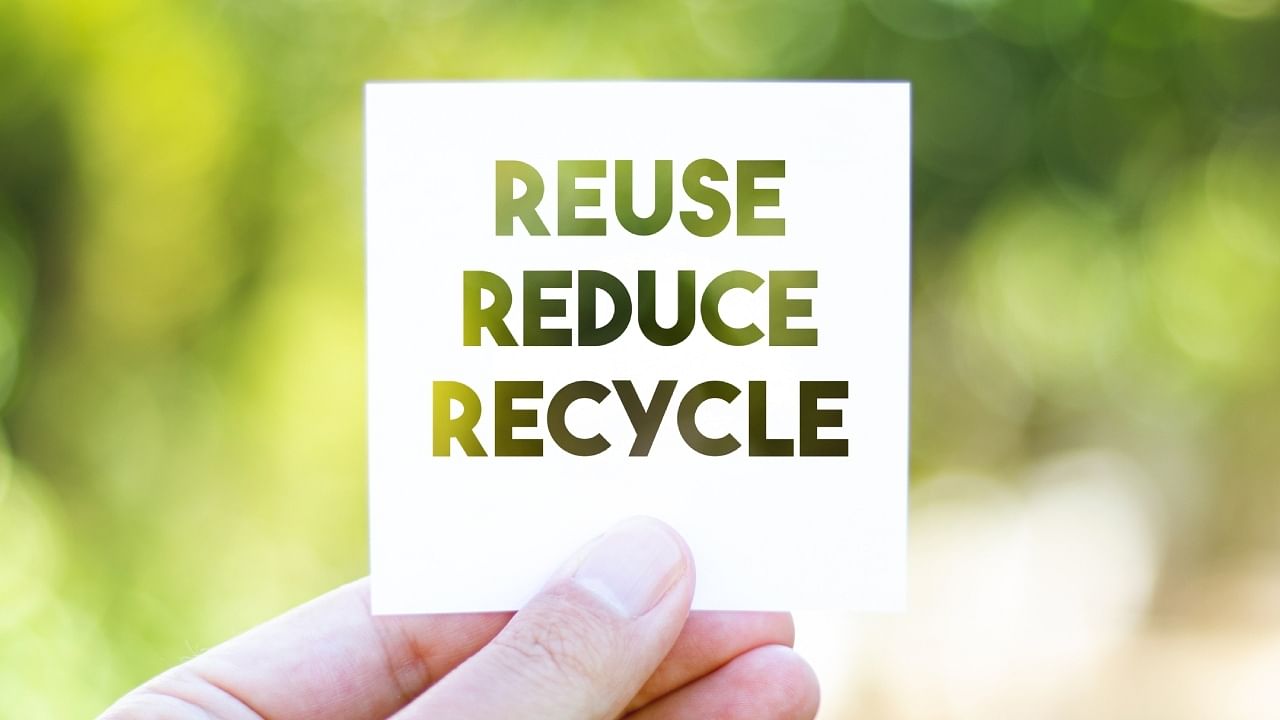
With regime change, the people of Karnataka are looking forward to a government that is able to address the basic issues of providing assured employment, clean potable water, food security, and fresh air, which are the fundamental rights assured by our constitution. Over the years, successive governments have neglected these fundamental needs by prioritising communal issues. The entire country sighed with relief as Karnataka voted
to stop the spread the poison of communal hatred.
Now the pressing challenge before the new government, besides healing the wounds created by hatred, is to implement policies that foster environmental healing. It needs to protect livelihoods, ensure fertile soil to grow nutrient-rich food, save forests that provide an assured flow of water in our rivers, and mitigate the disastrous impact of climate change. In short, is the new government ready to address the challenge of green governance?
For any regime, it’s a moral and ethical obligation to provide clean drinking water to its citizens. With enough rainfall, a prudent policy is to harvest it through decentralised structures that meet the needs of people and livestock. It’s also essential to stop polluting our streams and rivers, which are sources of drinking water for millions of people.
With the prediction of increased rainfall in Bengaluru, urgent measures are needed to conserve this resource rather than plan to bring water from faraway rivers. The controversy over the proposed Mekedatu project is already simmering, with the deputy chief minister claiming that it is a drinking water project and should not be opposed. For over a decade, the Yettinahole project has been under implementation at a cost of Rs 22,000 crore. Unfortunately, it has failed to bring even a drop of water to dry regions like Kolar. Nevertheless, any government that comes to power is always in favour of this project and allocates more funds.
The grand centralised projects that are capital and energy intensive, which drain tax payers money without any concrete results, always find favour with the ruling dispensation. For them, river diversion and infrastructure projects are like cash cows—a perennial source of income to enrich their coffers— and get endorsed by any regime, irrespective of their political ideology.
Will the present government be different and accept the reality that these projects are unviable and scrap them to protect the ecology and lives of people?
Conserving the remaining forests of the Western Ghats is a prerequisite for the water security of the state. At the moment, there are numerous infrastructure projects like the Hubballi-Ankola railway line and highways, for which about 22 lakh trees will be lost. This will lead to further fragmentation of natural habitats, causing human-wildlife conflicts. Will the new government make a decision to save the green cover?
The indiscriminate use of herbicides and pesticides on our agricultural crops is poisoning our soil, water sources, and food, causing enormous health-related problems. Pesticides are a leading cause of bee deaths, affecting the pollination of crops. Some state governments have taken measures to stop or control the use of pesticides. Will the present government at least follow suit?
The air quality in Bengaluru and most of our cities is beyond acceptable limits, impacting children, elders, and the poor. It is important to address this issue and bring down pollution levels. Measures for solid waste management, including a ban on the use of plastic, are essential to creating healthy living conditions for people.
Climate change is at our doorstep. With landslides and floods across the Western Ghats and other parts of the state, it is essential to evolve strategies to mitigate the negative impact. There are numerous ways to address the issue. But there is a lack of political will to implement policies that foster green technology and have the potential to generate employment.
As the ministers assure to work towards providing a safe environment while celebrating Environment Day, in reality, it is doubtful whether they want to address the above issues of green governance.
The legacy of environmental conservation was initiated by Indira Gandhi, who took visionary action to save forests in Silent Valley. Ironically, Rahul Gandhi jettisoned this legacy by supporting the destruction of green cover while representing Waynad.
Trees and forests cannot vote to seek freebies. Giving free power to farmers has led to overuse of groundwater resources, with catastrophic impacts on ecology. With ideologically bankrupt politics, continuing such subsidies will drain our financial and
natural resources.
It is doubtful if the new government is even remotely interested in ushering
in policies towards protection
of the environment and
green governance.
(The writer is a Uttara Kannada-based
environmentalist.)